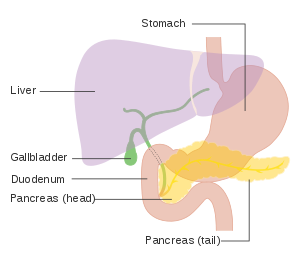
A new study has reported about a promising approach for treating pancreatic cancer. The study was conducted on mice by researchers of the Queen Mary University of London. They identified the cells that caused metastasis of pancreatic cancer, and they also explained how the weakness of these targeted cells could be explored to mitigate pancreatic cancer with existing drugs.
These researchers have reported that certain types of cells known as amoeboid cells were present in most patients with pancreatic cancer. The activity of these fast-moving cells was aggressive and invasive, thereby weakening the immune system of patients.
These amoeboid cells are also reportedly to have been found in patients with other types of cancer, such as liver cancer, breast cancer, and skin cancer. The survival rate of such patients is poor. However, this is the first study to report these cells in pancreatic cancer patients.
Researchers also found high levels of expression of a molecule named CD73 in patients with pancreatic cancer. This molecule is believed to be produced by amoeboid cells and it drives the metastasis of cancer, thereby weakening the immune system. The activity of this CD73 molecule had to be blocked. Thus, tumour tissues would not have spread to the liver.
The amoeboid cells were reportedly detected in late as well as early-stage patients with pancreatic cancer. This implies that the activity of CD73 molecule should be blocked at an early stage of the disease and the aggressive nature of amoeboid cells can be curtailed. Thus, the damage caused to the body can be reduced, thereby indicating a new hope for patients with pancreatic cancer.
Currently, the rate of survival and patient outcomes of pancreatic cancer are poor. Presently, every year more than 10000 people are diagnosed with pancreatic cancer in the UK. The conventional mode of treatment enables just 7% of patients to survive for five years after detection. Presently, chemotherapy, radiotherapy, and surgery are not working well for most patients. This novel mode of treatment has given promising results in mice and human clinical trials need to be conducted soon.
